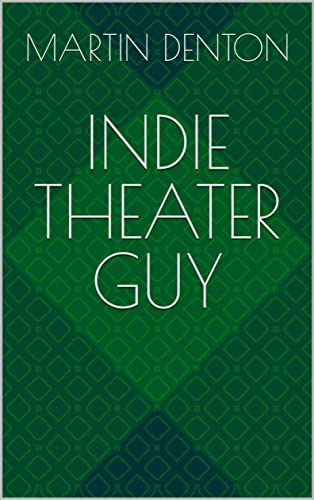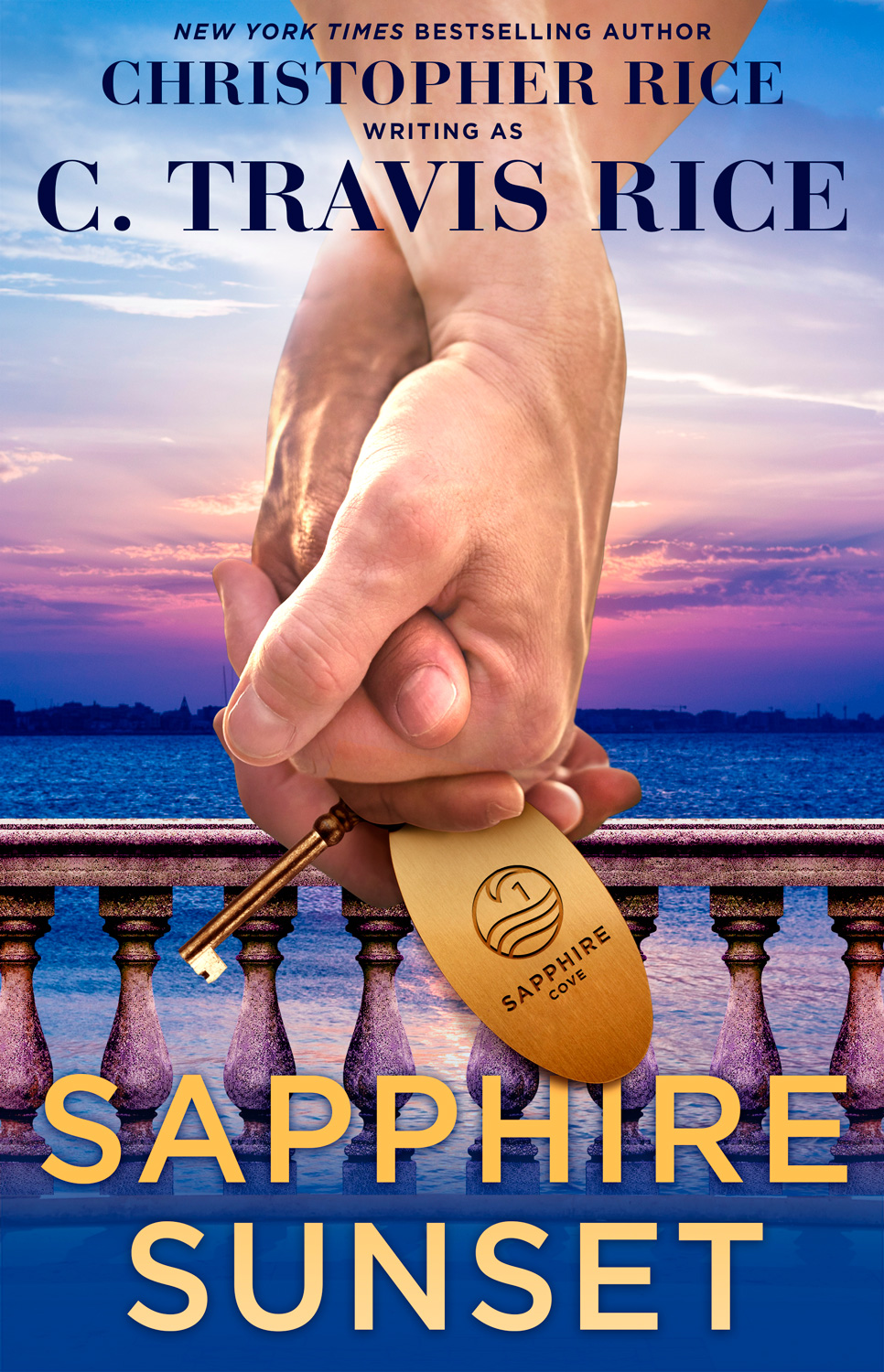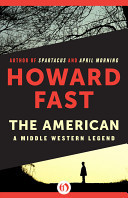I wrote thousands of reviews back in the day, and I never faced this problem: on nytheatre[dot]com the title of the show was all that was needed for a headline. But what I am working on now is a book--my memoir; stories from my life--and it needs a proper name.
I started with "Living the List." The idea was that my book was going to be like a bucket list, a parade of anecdotes and incidents that collectively comprised a "bucket list" that I might have constructed for myself if I'd had any inkling of how my life was going to turn out. There was even going to be a self-help-ish moral: don't MAKE a bucket list, just LIVE it. Hence, "Living the List."
This turned out to be a great way for me to jump-start a project that I had wanted to do for years but had not found a way into. But it was not quite what the book ultimately wanted to be about.
I wasn't writing a self-help book. I was writing about my own journey in life.
So, without using my name, how to find a few pithy words that mean me?
My first impulse was to use the description of myself that I always loved best. It was coined by playwright Kirk Wood Bromley, who, in an interview, said that I was "an engine of enthusiasm for the art." That has always seemed to me to be exactly right in depicting my role in the indie theater community. So, "Engine of Enthusiasm": that was definitely it.
Except that alone, on a cover, without context or explanation, it didn't seem to make sense. Back to the drawing board.
Another idea soon struck my fancy. In junior high school and in high school I had been voted "Most Likely to Succeed" by my classsmates. I thought it would be cool to contrast the likely conception that they had about what that success would look like with what my success ultimately was: that instead of becoming the wealthy and powerful corporate magnate that I seemed destined to be, I became the champion of alternative downtown theater. Subverting norms, that sort of thing; a little irony. I liked it.
But a quick scan on Amazon showed me that only about twenty dozen other authors liked that title too. Nobody would ever find my "Most Likely to Succeed" among the myriad memoirs, biographies, and business books bearing the same moniker.
Ok, what I really need is something specific to ME. Something that is unmistakably Martin.
In my book I recall a pivotal moment in my theater career, when I hosted the opening event for the New York International Fringe Festival for the very first time. I raced to the stage and screamed to the audience "ARE YOU READY TO FRINGE?!?"
Maybe that's the title: "Are You Ready to Fringe?" Or, better: "Ready to Fringe."
But if you aren't a theater festival person, won't you think a book with that title might be about someone in a radical political movement? Or, maybe, about crocheting?
Still not there.
Sometimes, the answer to your question is literally in front of your face. When I made my Instagram account a few months ago, I needed a very short pithy description of myself, my "tagline," so to speak. I wrote, without thinking much about it: Indie Theater Guy.
I don't know why it took me so long, but finally I remembered it. And once I did, it was like: OF COURSE that's the title. Because, come on, Indie Theater Guy is like my BRAND.
And so, here we are. Indie Theater Guy by Martin Denton.
(My friend Kelly McAllister actually texted me as soon as he saw it to tell me how perfect he thought it was.)
The hardest part of making this book is now complete! We're about a month away from publication.
Check out the Indie Theater Guy website for updates and info.








